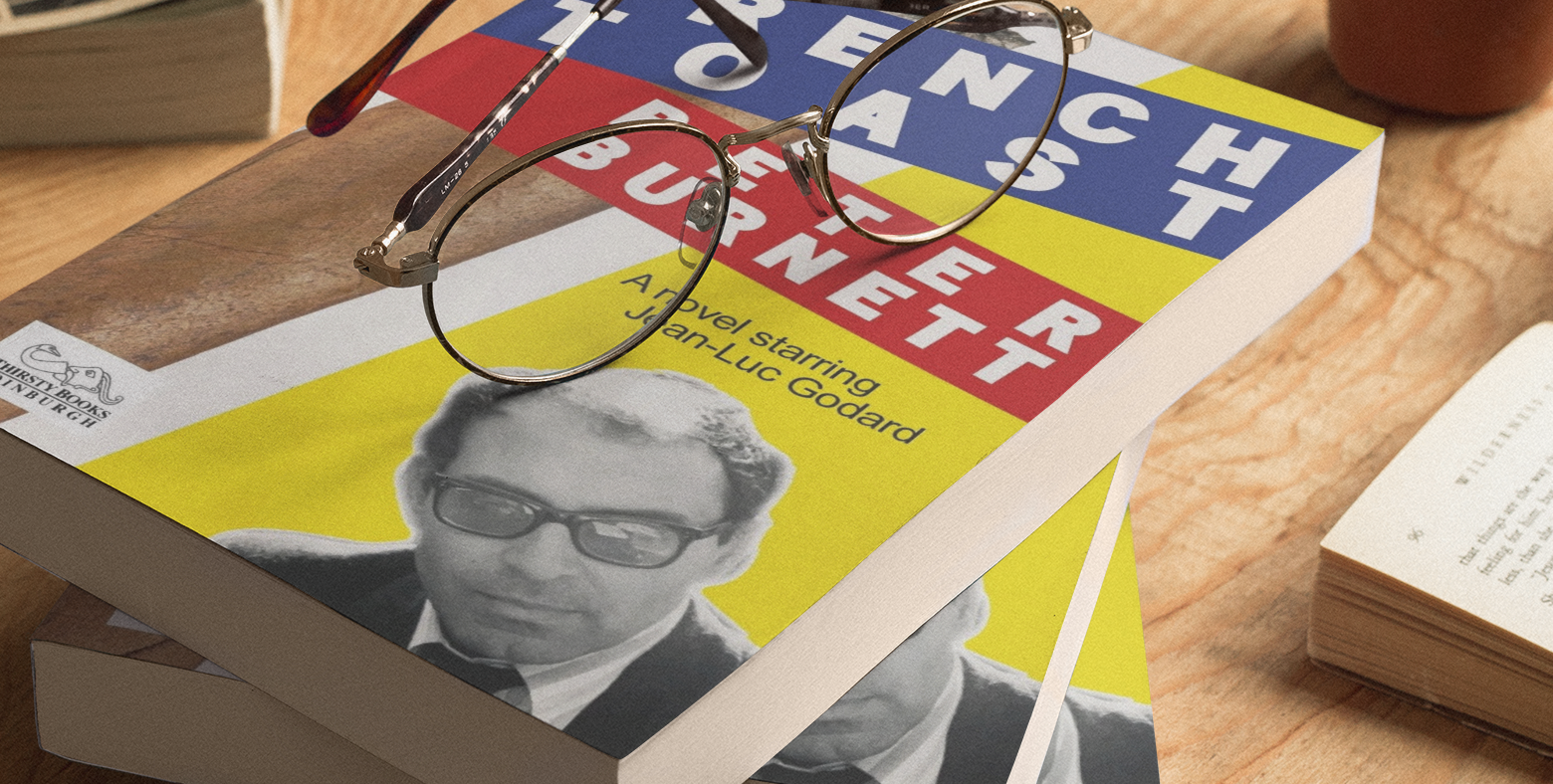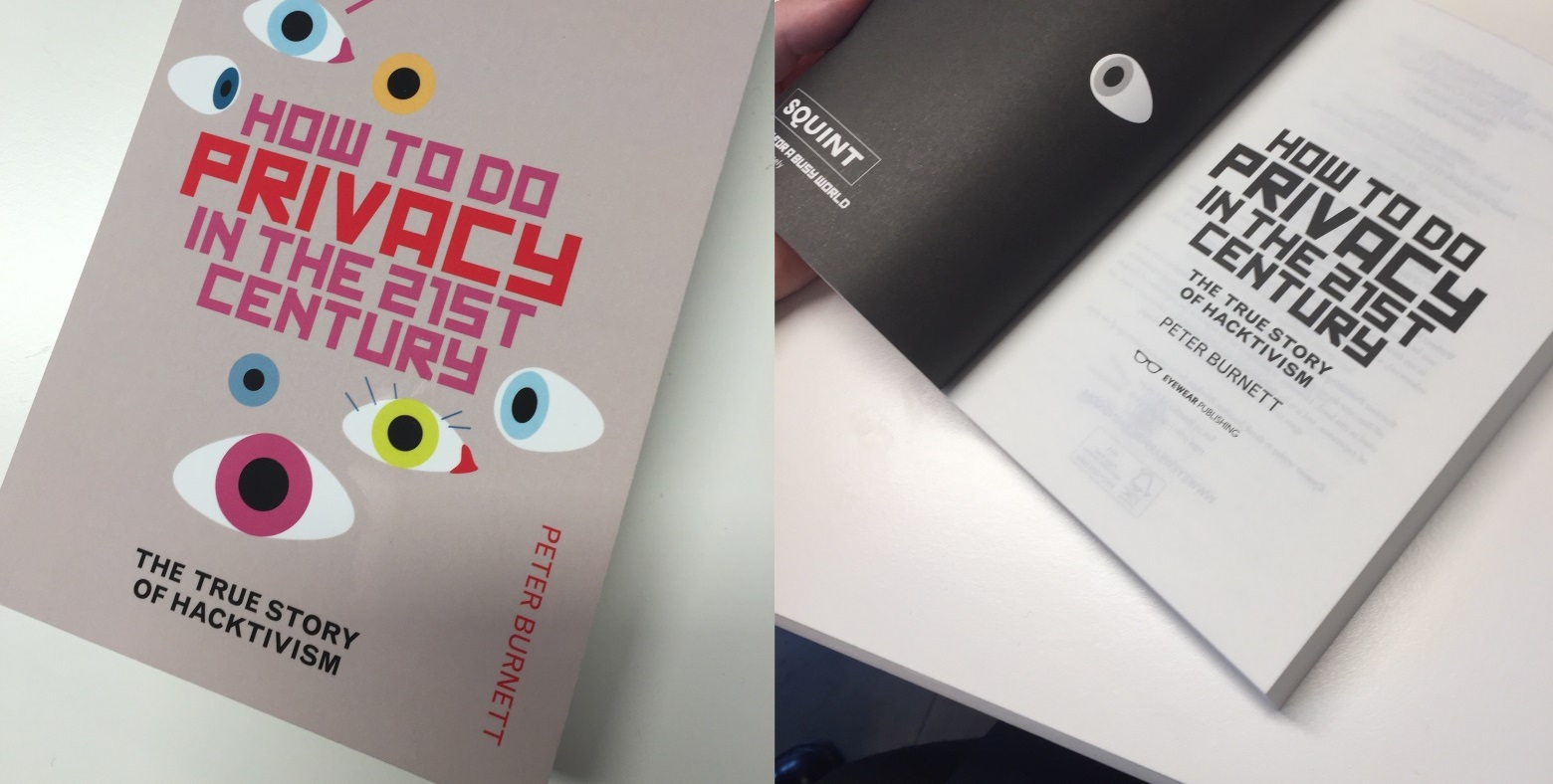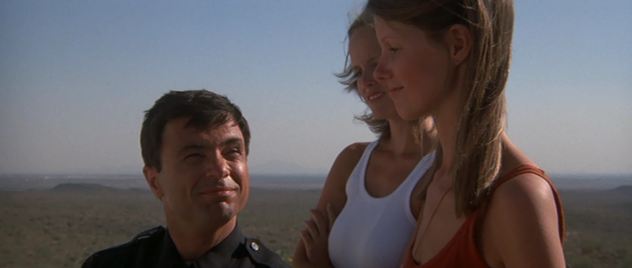For the category of individuals who only ever directed one movie (Charles Laughton, Marlon Brando, Harold Pinter and until this day at least, Johnny Depp) see James William Guercio, the director of Electra Glide in Blue.
Electra Gide is a difficult film to categorise, but that is a good thing, and in many ways it is fairly stand alone. People tend to bracket Electra Glide in Blue with Vanishing Point, Two Lane Blacktop and Easy Rider, and if you had a dollar for every time Electra Glide was called existentialist, you’d be able to fly to France and study Jean-Paul Sartre to establish exactly what that means.
Electra Glide in Blue has its unique aspects though whether these contribute to the existentialism or not is moot. It does present camera work all of its own and the Electra Glide viewer spends a lot of time watching parts of people’s bodies rather than their heads, which would be a more conventional way to shoot them.
I started to wonder if this was supposed to reflect the fact of Officer Wintergreen’s diminutive height, because really he does spend a lot of time looking up to people, including women.
Electra Glide in Blue does have stories in it, and a plot about a short traffic cop who wants to be a detective, but the film has more the feel of a character study, as the stories don’t often pay off or even complete. That doesn’t bother the viewer much however because the characters are so rich.
Robert Blake as John Wintergreen is a likeable asshole who is fairly naïve and yet quite ambitious. He works with a more hardnosed and typically unpleasant cop, while his love interest (Jolene played by Jeannine Riley) is a cheap and loveable small town waitress who once had her own dreams, in this case of going to Hollywood.
The cast is topped up and completed by Mitch Ryan as Harvey Poole, unpleasant and instinctual backwater detective, and the ever reliable character actor Elisha Cooke, whom you will know from many movies, although never in the leading role. Cooke, who usually played intense neurotics or spineless double-dealers in general, is exceptionally mad here, difficult to pin down, as much a despairing aspect of the miserable Arizona backwater as the bums and hippies, and the cops who have nothing better to do than harass them.
Because Electra Glide in Blue doesn’t have that standard commercial drive the taints most US cinema, viewers are generally wowed into calling it existential, or something similar. It's cult! The Arizona scenery is perfectly shot, and makes a great and empty backdrop for these little characters on their motor scooters, a much deeper mood than you’d get from a regular studio production.
The 1970s were so rich in cinema that many of the era’s best works are now neglected, like this one. The richness deepens: is this for example, a Western, with the horses replaced by motorcycles? Cinemascope, and oversaturated colour? That would make any cineaste think of John Ford, who is the spiritual father of this work. Clouds, skies, buttes, and cops on bikes, chasing down non-criminals – this is the palette from which Electra Glide in Blue is formed. It’s odd in a way that the cops almost create the crime they bust, because other than the murder in Electra Glide in Blue, which is low-key and solved with a minimum of fuss, of the rest of the people the cops deal with none are criminals – either innocent hippies being hassled, or motorists out of luck.
Note the copy of The Last Whole Earth Catalog on the piano - this is probably the greatest book of its era.
A lot is crammed into Electra Glide in Blue, which most pertinently appears as a vision of post-Vietnam America, where the cops beat on hippies and where the vets themselves are at the very least, lost. Blake plays Wintergreen as compassionate, comic and at times weak and naïve, a mix that presents a character way and by far more complex than the usual. When you’re introduced to him, you don’t see his face for ages, which is pretty powerful when you’re already familiar with the trappings of his life, from his breakfast to his woman to his weights and his shoes.
I think this is Terry Kath, bass player in Chicago.
Electra Glide in Blue wasn’t popular in its day, and much of it was shot without permits as the Arizona State Police wouldn’t issue them. Meanwhile, the New York Times said that Electra Glide in Blue showed ‘very ordinary or very embarrassing things: a crudely staged bike chase, or the confessions of a demoralized bar girl in what looks and sounds like a second-year acting exercise in drama school’.
This is critical cruelty but genre-less films sometimes fare poorly. There were many motor bike movies of the outlaw variety in the 1960s, and they were dying out by this stage, and then there is the fact that Vietnam was still a terribly tough cinematic sell in 1973. Even after 1973 the war’s legacy of bitterness made Vietnam difficult for directors present, pretty much because the US film industry, then and now is run by private money, and so it must focus on profit before pretty much anything else.
Another 1973 post-Vietnam movie, which is not so good but which did better, was Gordon’s War, in which four vets return to Harlem where they go to war against the pimps, pushers and addicts that have come to rule the hood in their absence. The vigilante thing took on an even darker tone in Death Wish in 1974, and then Taxi Driver in 1976, and then First Blood in 1982. It’s worth looking at these films, and the other biggies like Apocalypse Now (1979) and The Deer Hunter (1978) and watching closely for the ticker clocking up both cliché and dishonesty.
A little time, therefore, and the truth of Vietnam began to be dramatically restaged; certainly Apocalypse Now (1979) and The Deer Hunter (1978) are as much about the egos of filmmakers and their elaborate reconstructions as they are about the truth of the war.
Electra Glide in Blue is still unique, and it can be seen many, many times. You can even spot Nick Nolte in it, as an extra in the scene in which Wintergreen and Pool bust the hippy commune.
Above: Nick Nolte is discovered lurking in Electra Glide in Blue
And a great opening scene — Sergeant Ryker to a line-up of traffic cops: “TEN-SHUN! Good morning pigs, you fascists. You honkies. You killers. You bigots. You fags! You pinkos. You bastards. Fuzz. This indoctrination of vocal harassment was compiled by our own Juvenile Division in preparation for the concert this weekend.”
















